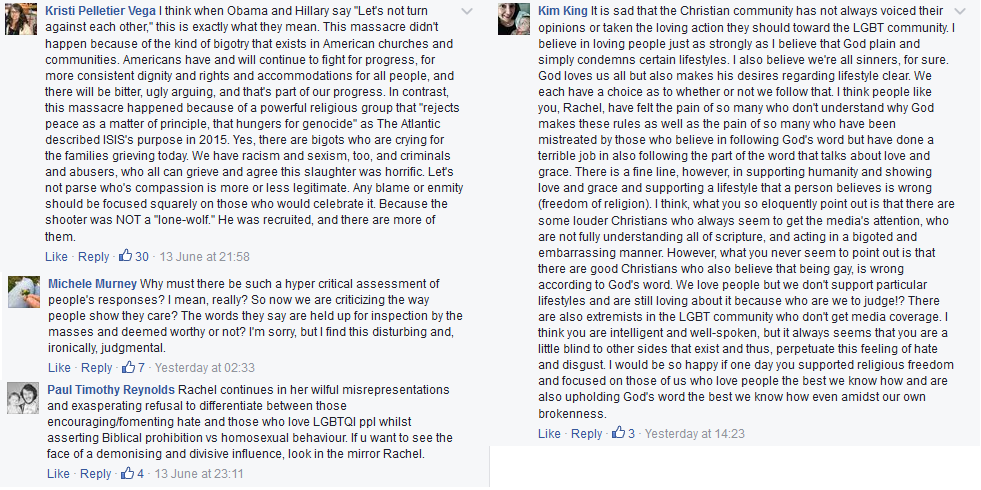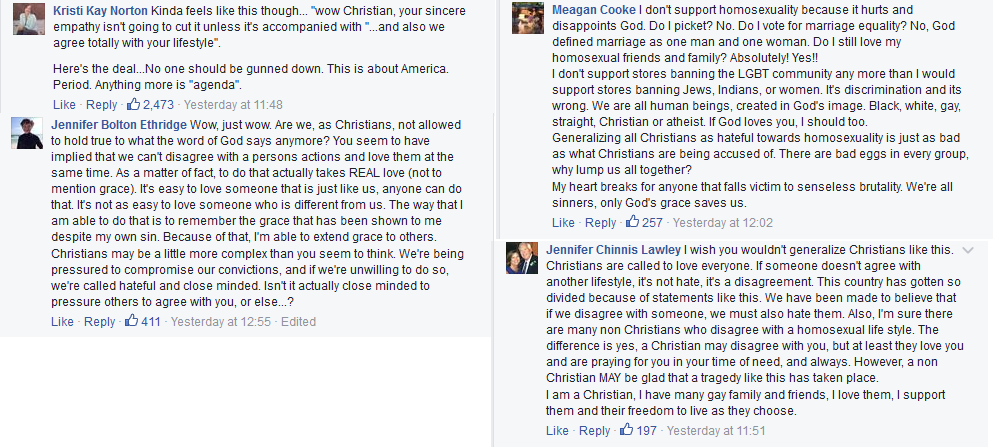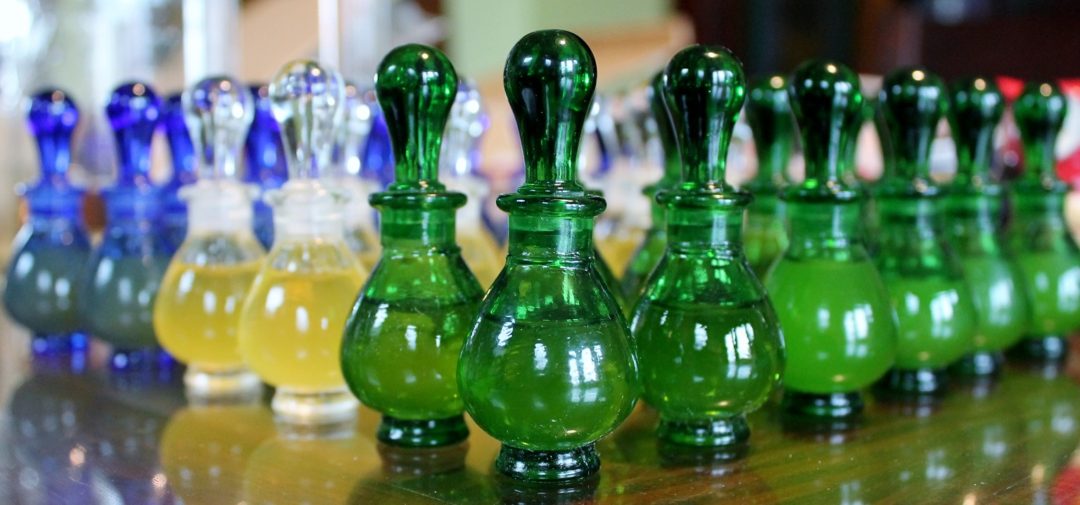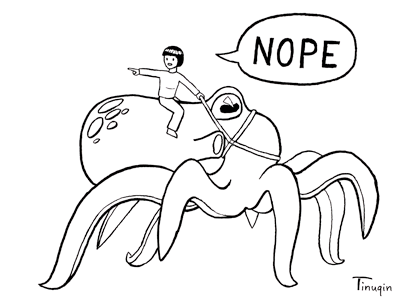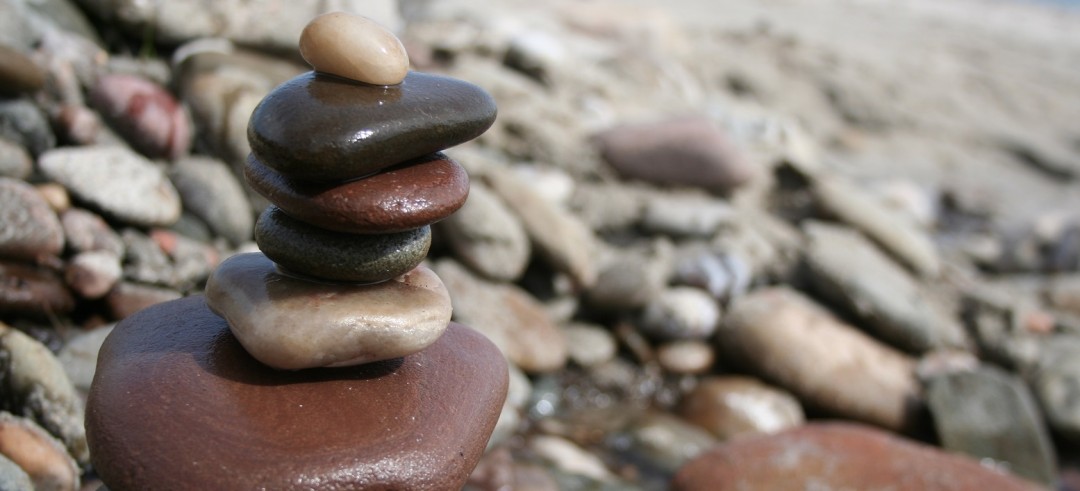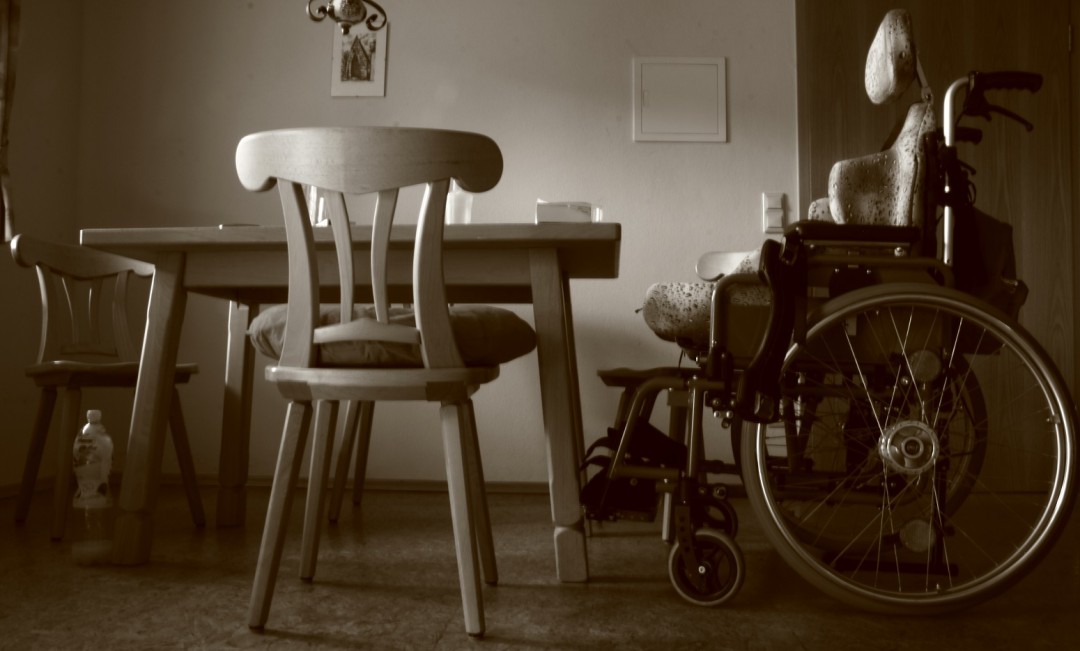This has been a week from hell in more than one way for me, since I’m coming off period week and it’s also been the horrific shitshow that is the Republican National Convention. Thankfully, I’m leaving for vacation tonight, so I wanted to leave you with reading material, although I might pop in with a post or two next week if the mood strikes me.
Articles on Politics
“The Republican National Convention and the Criminalization of Politics” by Dylan Matthews is a must-read in my opinion. If you haven’t paid any attention to the goings-on in Cleveland, Christie said that we should imprison Hillary Clinton because of her policy positions, such as negotiating with Iran. Matthews does a good job of explaining why it’s an all-around horrifically bad idea to start advocating for things like political prisoners.
Speaking of dictatorships, “Donald Trump and the Authoritarian Temptation” by Shadi Hamid was one of the better articles I’ve read over the last year that attempts to understand why Trump’s bid for the American presidency has been so successful. Considering he’s praised Putin, Kim Jong Un, al-Assad, Gaddafi, and Saddam Hussein for being “tough,” “strong,” “incredible,” and “ruthless,” I think I have more than enough reason to be legitimately frightened of a Trump regime.
“Donald Trump’s Ghostwriter Tells All” by Jane Meyer is probably the best profile on Trump I’ve read. It’s an interview with Tony Schwartz who “co-wrote” The Art of the Deal, and if you haven’t read it yet, it’s worth the time.
“Who Are All These Trump Supporters?” by George Saunders was excellent, and I think another must-read because it does what all good journalism should: it humanizes the people we disagree with most.
Articles on Race
“We’re No Angels” by Danielle Moss Lee is a heartbreaking piece about what it’s like growing up as both a girl and black, and makes it brutally clear that you can have a stellar performance record, get amazing grades, have no disciplinary problems, and still face racism from the authorities in your life. White people need it drilled into our racist heads that there is no standard a black woman could possible meet that could help her escape racism.
“Stop Kidding Yourself: the Police were Created to Control Working Class and Poor People” is written by Sam Mitrani, an expert on the history of policing, especially in Chicago. It doesn’t dig into the race element in depth, but it does make it clear that “to serve and protect” is a convenient bit of myth-making.
I grew up believing that the “War Between the States” and the “War of Northern Aggression” was strictly a matter of “state’s rights.” So it knocked me on my arse when I found out that I was incredibly wrong about that. “Why do people believe myths about the Confederacy? Because our textbooks and monuments are wrong,” written by the author of Lies My Teacher Told Me (good book!) puts a lot of what I’ve learned in one place.
“How a $2 Roadside Drug Test Sends Innocent People to Jail” by Ryan Gabrielson and Topher Sanders was mind blowing. I had no idea how this whole process worked, and this piece was more than just illuminating, it was infuriating.
I’ve had a difficult time trying to understand cultural appropriation. As a concept it’s not super cooperative with my tendency to want all information neatly sorted into black and white. It’s cultural, and is therefore complicated and messy and nuanced. “Why Defending Your Cultural Appropriation” by Ana Thomas was a brilliant explanation and very helpful for me.
“Why I’m Skeptical of White Liberals in the Black Lives Matter Movement,” although written by a white woman, was incredibly thought-provoking. She asks a question that I think deserves incredibly serious thought and introspection, and it’s been following me around ever since I read it. She asks us to figure out how racism hurts us as white people— something that had never occurred to me before. I think she’s getting at something fundamentally true: white supremacy’s target is people of color, it benefits us as white people … but it also must therefore limit us in order to keep us in power.
Articles on Feminism
I love, love, love, love, love this metaphor for consent: the Consent Castle by Robot Hugs.
In the “solidly good things happening in the world” category, there’s a new program being funded by the NFL because they fucked up big time and are trying to balance some of their bad karma. It’s called Safe Bars, and it’s teaching bartenders how to identify sexual harassment and intervene before an assault happens.
“‘Empowerment’ is Warping Women’s View of Real Power” by Ruth Whippman is one of those articles that borders on a style of feminism I fundamentally disagree with (the kind that still defines “power” and “success” in white supremacist, patriarchal, capitalist terms) while still making a valid point. She also critiques things like “lean in!” and, in her words: “Sexism, in this story, is not the fault of the patriarchy or systemic injustice, but rather a regrettably unavoidable consequence of the fact that women are a pathetic bunch of compulsive apologizers with vocal fry.”
On the other side of the feminist spectrum is “What works for men doesn’t work for everyone: why cities need to start planning with women in mind” by Caroline Criado-Perez. There are a host of things in this world that people would never think of as having gendered consequences– like public parks, parking garages, snow clearing methods, bathrooms, and lighting– but they do.
“Language Matters: Why I Don’t Fear being Called ‘Pro-Abortion’“by Maureen Shaw appealed to my feminist, English-major heart. The first time I ever wrote about being pro-choice, I described myself as pro-abortion, even though I was aware of all the negative associations tied up in the term. I wanted to own my public position and be proud of it, even though most of my fellow Christians would probably prefer I be ashamed about this and keep it hidden. In the same vein is “It’s Time to Say ‘Abortion’ When We’re Talking About Abortion” by Genevieve Cato.
My friend Gabby wrote “Reproductive Freedom and Pride Go Hand-in-Hand,” and it’s something I wish more of us grasped. The few times I’ve brought up reproductive rights to my gay friends, they weren’t exactly dismissive but it was clear that they thought the plight of Planned Parenthood doesn’t affect them. Considering Indiana is now experiencing a rise in HIV because Mike Pence shut PP clinics down, this isn’t something the LGBT+ community can afford to ignore. Feminism and queer rights are intrinsically tied up together.
This one could go under both race and feminism, but either way it’s another must-read: “This is What I Mean When I say ‘White Feminism.’”
Books
I’m almost finished with the Kingbreaker, Kingmaker series, and while I’ve read four of them so I must be enjoying them at least a little, my original complaint from three weeks ago stands. I had such high hopes for The Relectant Mage, since the back copy and cover art made it seem like the main character was going to be a woman. Well, I’m a third of the way into it, and most of it has been from male points of view. Two villains, and she introduced three more characters last chapter– all men. Again. Le sigh.
I picked up Dietland the other day, though, and while I’m not very far along into it, I’m pretty sure it’s going to be amazing. I don’t read fiction books that aren’t in the sci-fi/fantasy category that often, but it seems like this one might be a winner.
I also grabbed Karen Armstrong’s A History of God, which I’ve had my eye on for a while. As in, multiple years, so hopefully it’s good. I’ll keep you updated on what I think.
TV
We finished season two of The Unbreakable Kimmy Schmidt, and I think the season ends even better than it started. Kimmy starts therapy and decided to confront her mother, and it deals with all sorts of important things I think trauma survivors will recognize and understand.
Based on a recommendation from my sister-in-law we watched Grace and Frankie, which was one of those that we’ve been meaning to watch for a while but hadn’t gotten around to it, mostly because we’re both firmly convinced that there is no better television than The West Wing— and that’s coming from a Trekkie and a Firefly-fan. Anyway, Grace and Frankie was solidly good and enjoyable. It’s amazing watching Jane Fonda and Lily Tomlin together, especially since they’re playing women seven or eight years younger than they are.
We also started Alias, and it’s hilarious. I’m not sure why the Bones theme song is better since they both sound sort of exactly the same, but it is. Jennifer Gardner’s costumes are the crème de la crème of 90s fashion, and Bradley Cooper as “plucky reporter” is also awesome. My only observation so far is that most of Sydney’s troubles could be prevented if she got better at lockpicking. Just throwing that out there.
Anyway, enjoy the rest of July!





